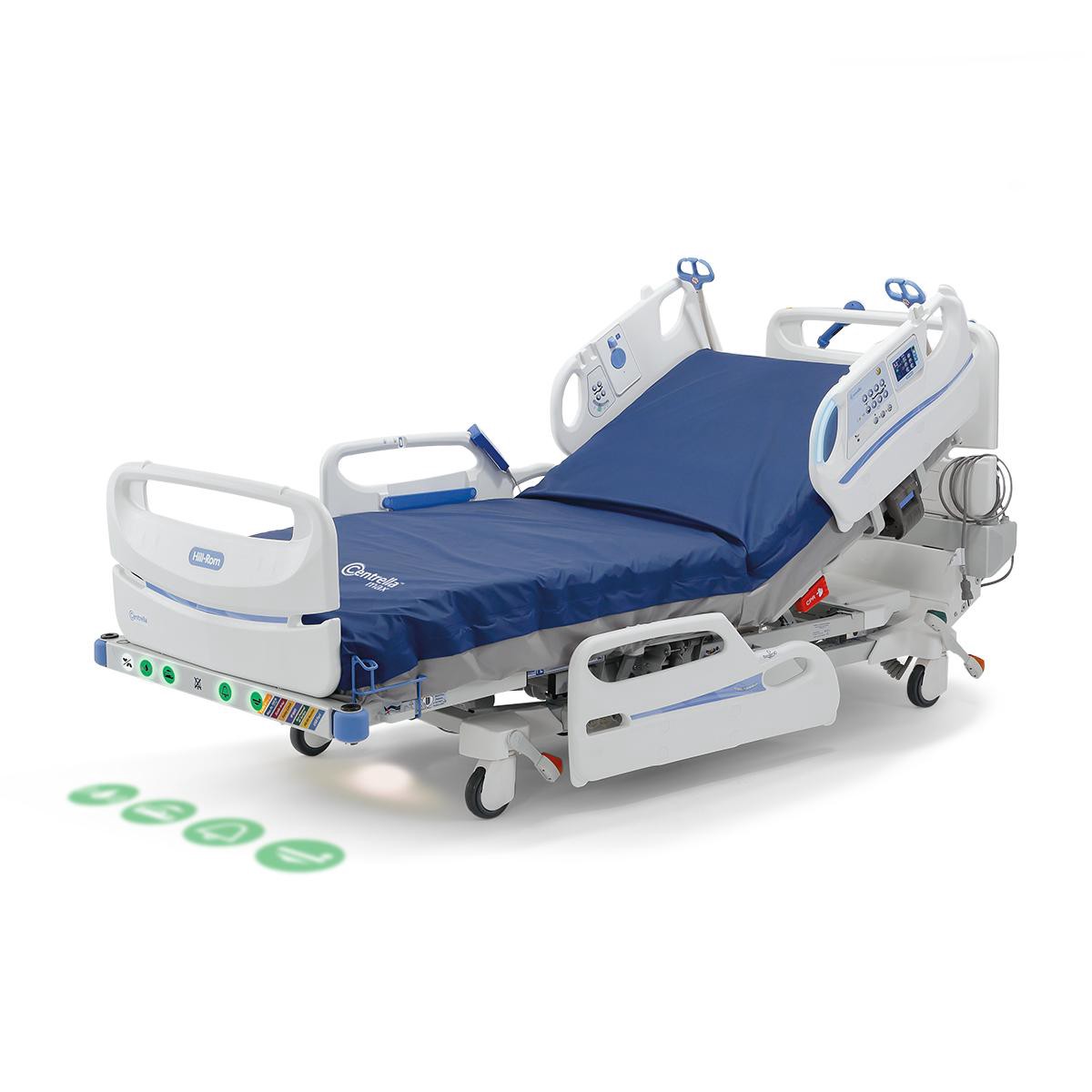 The School of Engineering and Applied Science’s PRECISE Center and the School of Nursing at the University of Pennsylvania have formed a partnership with medical device leader Hillrom to develop technical solutions for health care challenges in multiple domains, including critical care, diabetes, mental health, and cardiology.
The School of Engineering and Applied Science’s PRECISE Center and the School of Nursing at the University of Pennsylvania have formed a partnership with medical device leader Hillrom to develop technical solutions for health care challenges in multiple domains, including critical care, diabetes, mental health, and cardiology.
This collaboration will accelerate the adoption of new technologies by clinicians via unobtrusive, frictionless sensors that respect the natural workflow of caregivers.
PRECISE’s research on the internet-of-things and medical cyber-physical systems aims to provide verifiably safe healthcare solutions that leverage data, machine learning, and formal analysis. These solutions will establish the foundations for safe, autonomous medical systems that integrate medical devices, patients, clinicians, and personalized automation to improve health outcomes.
“By closely collaborating with industry partners, such as Hillrom, we hope to transition our technologies and solutions into mainstream clinical care to revolutionize health care in the future,” says PRECISE Center Director Insup Lee, Cecilia Fitler Moore Professor in Penn Engineering’s departments of Computer and Information Science and Electrical and Systems Engineering.
“PRECISE researchers are at the forefront of ensuring that modern technologies’ embedded systems are safe and secure,” said Vijay Kumar, Nemirovsky Family Dean of Penn Engineering. “Working directly with partners in the health care industry is crucial for enabling their expertise to benefit as many people as possible.”

Collaborating with Penn Nursing and Hillrom will allow PRECISE researchers to better understand the unique challenges of medical settings. Beyond helping to define the scope of problems that can be handled autonomously, Safe AI research can show how to best to present critical information for problems that require a human touch.
“This is a unique opportunity to redesign the future of clinical care by fostering interdisciplinary collaboration and generating patient and family centered solutions,” says George Demiris, a Penn Integrates Knowledge University Professor with appointments in Penn Nursing and Penn’s Perelman School of Medicine.
The partnership with PRECISE and the School of Nursing accelerates Hillrom’s plan to consolidate data collected from the EMR, various Hillrom devices and new sensors, including those from Penn, to provide actionable, clinical information at the point of care.
Critically, the gathering and synthesis of this information is poised to be a powerful tool in protecting patients against “never-events” — a class of particularly egregious medical errors, such as mismatching blood types.
“Through this partnership, we will demonstrate that Hillrom smart beds, vital signs devices and other Hillrom products can be platforms for advanced sensing and algorithm development to help prevent never-events in hospitals,” says John Groetelaars, president and CEO, Hillrom. “We appreciate the opportunity to collaborate with PRECISE and look forward to helping strengthen our industry’s AI capabilities.”
“We are thrilled to be partners in this exciting new venture. The inclusion of Penn Nursing ensures important perspectives at the point of care that can best improve patient outcomes,” says Penn Nursing Dean Antonia Villarruel.
This new partnership will combine the full, interdisciplinary strength of an institution like Penn with advanced engineering and deep insights from Hillrom’s clinical and innovation experts. That triumvirate of clinical, business, and engineering disciplines on one campus is a major strength of Penn via the PRECISE Center, as it breaks down silos and fosters effective and efficient interdisciplinary collaboration with industry.
